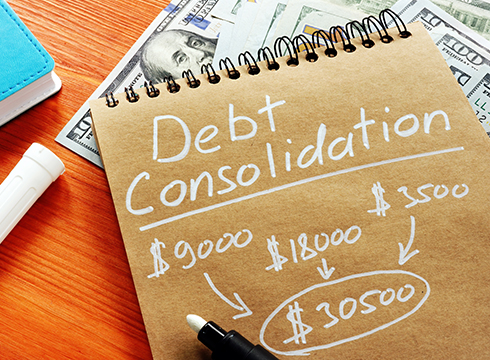Things to Know Before Making a Credit Card Balance Transfer
Tagged as: Banking Basics, Credit 101

Things to Know Before Making a Credit Card Balance Transfer
Today's Rates
Don't miss out on our competitive rates.
Meet Us
We're your neighbor! Learn how we put our members and community first.
Credit Cards
Purchase what you need, when you need it, with great rates.
Subscribe to Our Blog
* Required
We appreciate your interest.

Whether you're planning your next vacation, staycation, home remodel, or simply want to consolidate debt, we have the financing for you.
